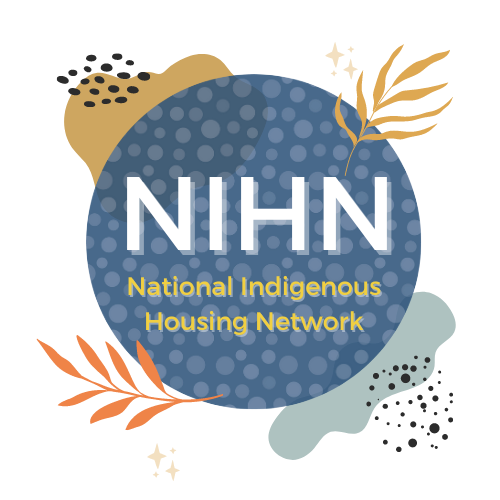
Housing & homelessness advocates and lived experts from across Canada deliver 15 calls to action to the Federal Housing Minister, outlining & demanding solutions to the gendered housing crisis
Although Canada’s housing crisis makes headlines on an almost daily basis – data shows that households led by women and gender-diverse people are the hardest hit yet most under-served. That is why an intersectional, nation-wide coalition of feminist advocates have joined together to deliver a clear call to action to the Government of Canada.
During the 16 Days of Activism Against Gender-Based Violence that culminates on Human Rights Day this December 10, advocates, lived experts, and organizations have come together to demand that the Government of Canada address the gendered aspect of the housing and homelessness crisis. The group comprising over a dozen individual and organizational representatives has identified 15 calls to action for the government to implement, which range from targeted investments in housing, scaling solutions to the level of need, to taking meaningful steps that will realize the right to housing for this often under-served and marginalized population of women, gender-diverse, children, and 2SLGBTQQIA people.
“No one can escape or avoid violence without a safe place to call home. If we really want to make a significant change to end gender-based violence and abuse, housing is the answer. Housing represents safety for women, gender-diverse people and their families,” said Sarah McIntosh, Executive Director with Atira Women’s Resource Society.
Recently, the Honourable Sean Fraser, Minister of Housing proclaimed that, “Everyone in Canada deserves a home. And if someone can’t afford a home, they should be given one,” at the 2023 National Conference on Ending Homelessness. We couldn’t agree more. Yet the status quo of the National Housing Strategy and the prevailing gender neutrality within current housing policies will not deliver on that sentiment – not unless necessary funding commitments and policy changes happen, as outlined in the Intersectional Feminist Housing Agenda.
“The reality is, the Government of Canada is currently not on track to meet its own goals to address housing precarity or homelessness among women and gender-diverse people,” says Khulud Baig, Director of Policy & Community Engagement with the Women’s National Housing & Homelessness Network . “And the problem will only get worse if the government fails to heed our calls to action.”
Even as billions of dollars are being invested by governments and the private sector to increase housing supply, households led by women and gender-diverse people continue to be disproportionately impacted by unmet housing needs. The system also does not track or measure whether or not these investments are actually reaching this population.
The coalition is demanding action to address the inequities in access to safe, affordable, appropriate housing for women, children, and gender-diverse people in all communities across Canada.
We will be looking for commitments that deliver on our calls to action ––
- Updates to the National Housing Strategy to reflect the voices, perspectives and calls to action from women and gender-diverse people with lived expertise of the housing crisis.
- Investments that ensure the needs of First Nations, Métis and Inuit women and gender-diverse people are specifically addressed in new housing and housing strategies.
- Prioritize capital and infrastructure funding for housing that supports the needs of women, their children and gender-diverse people.
- Flexible, sustained, predictable and adequate operating funding for housing agencies serving the needs of women, their children and gender-diverse people.
- Deliver a Universal Basic Income that reflects different regions’ needs.
Read An Intersectional Feminist Housing Agenda for Canada here.
Pan-Canadian Voice for Women’s Housing is honoured to collaborate with Women’s National Housing and Homelessness Network, and National Indigenous Housing Network in this work.
The Agenda has been endorsed by a growing coalition of intersectional feminist advocates who have joined together to deliver a clear call to action to the Government of Canada. You can join us!

